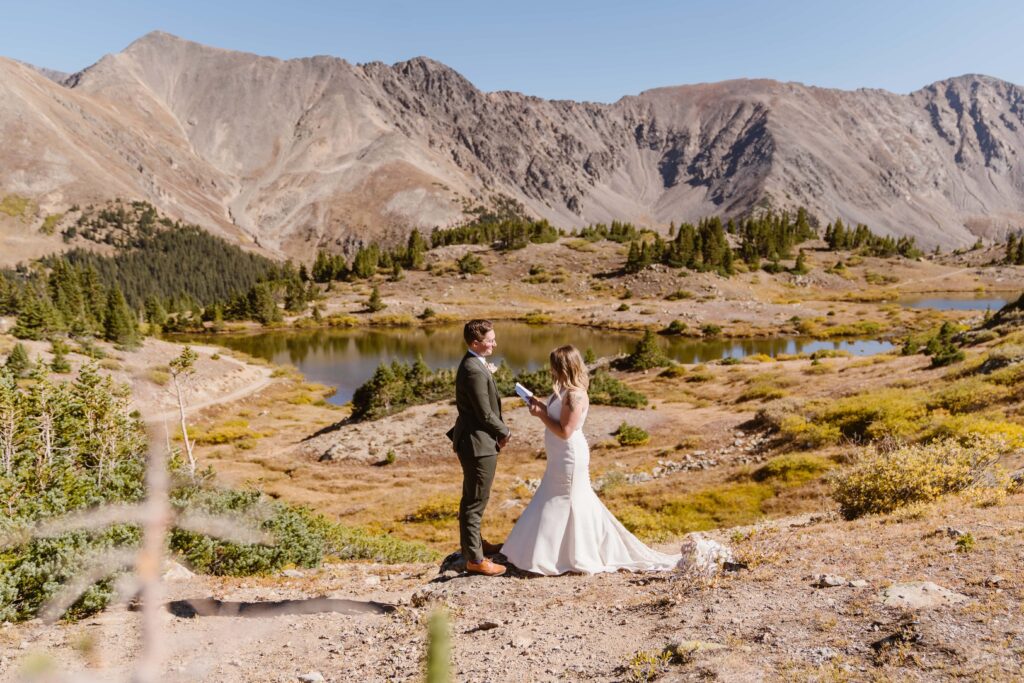
There are a thousand reasons we believe that Colorado is the best state to elope in. One of the biggest reasons is that Colorado marriage law offers self-solemnization; a heartwarming and liberating way for couples to exchange vows privately and without the need for an officiant. Let’s delve into the friendly world of self-solemnizing in Colorado, exploring its definition, the steps required, and the many advantages of choosing this path for your elopement.
What is Self-Solemnization?

To start, let’s unpack the term itself. Self-solemnization is a legal provision in Colorado that allows couples to marry without the presence of an officiant (or even witnesses!). It essentially means that you have the autonomy to officiate your own wedding ceremony.
This empowering concept is a testament to Colorado’s commitment to individual freedom and the celebration of diverse expressions of love. It opens the door for couples to create an intimate and personal ceremony that perfectly mirrors their relationship, making the commitment even more special.
Steps to Self-Solemnizing in Colorado
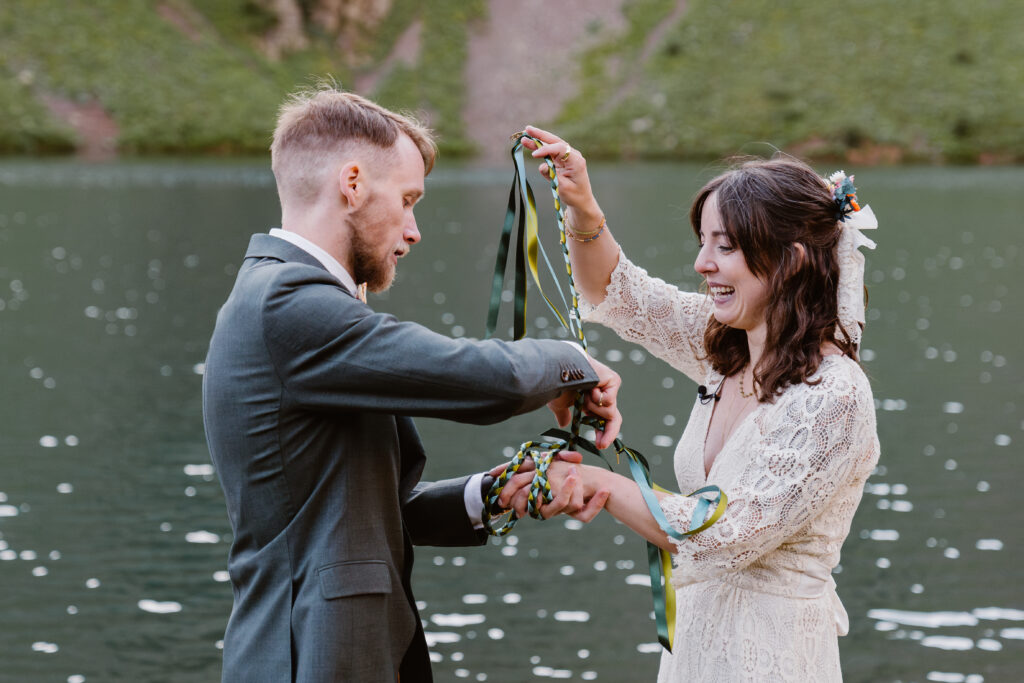
Embarking on the journey of self-solemnization is a straightforward and simple process. Here are the steps to guide you through this meaningful endeavor:
- Obtain a Marriage License: Couples will begin this process by obtaining a marriage license from any Colorado county clerk and recorder’s office. Some counties require setting up an appointment ahead of time, so make sure to check the rules of the county you choose to use. Both partners must be present, and certain documentation, such as proof of age and identity, will be required (US driver’s license, state issued ID, military ID, or Passport). Read more about this process here.
- Prepare for the Ceremony: With the marriage license in hand, you’re ready to plan your self-solemnization ceremony. Choose a location that holds significance for both of you and curate a ceremony that reflects your personalities and values.
- Exchange Vows and Rings: On your chosen day, stand together and exchange your heartfelt vows and rings. This is your moment to express your love and commitment in a way that resonates with both of you.
- Sign the License: Once you are issued your wedding license, you will have 35 days to sign the document, so make sure to not get your license too far in advance. After your ceremony, sign the marriage license and make it official!
- Have witnesses sign (optional): There is also space for two witnesses on the license, but this is not required. Since Colorado does not require actual witnesses, some couples are able to have their dog sign the license by inking their paw! While this can be an adorable addition to your wedding ceremony, be sure to check with your county clerk first, as some counties will not allow this and it may cause problems down the road.
- Submit the Signed License: After your wedding day, make sure to return the signed marriage license to the same county clerk and recorder’s office that issued it within the specified timeframe (most counties allow up to 63 days after issuance). Once processed, your marriage will be legally recognized!
Advantages of Self-Solemnizing Your Elopement
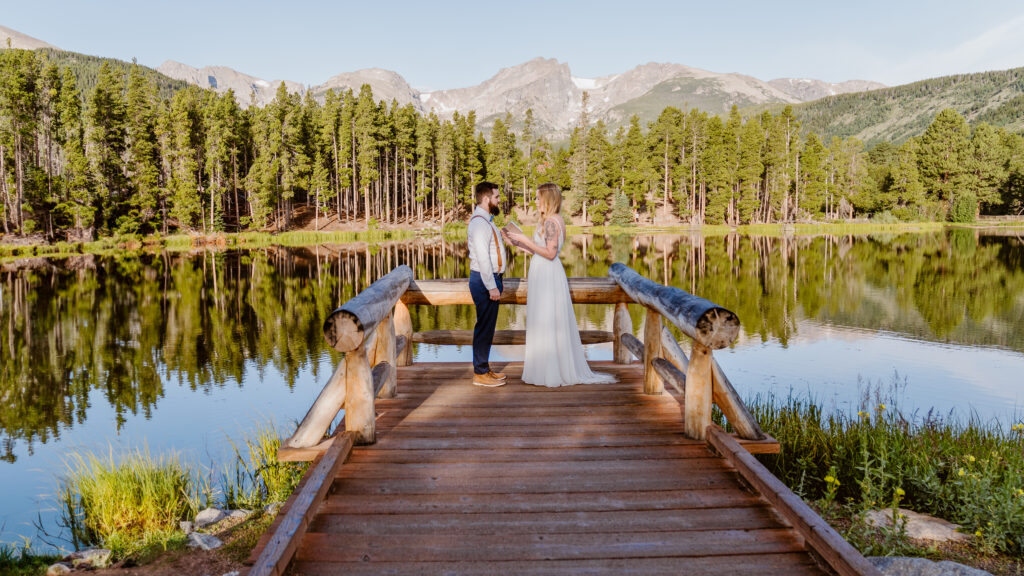
Choosing to self-solemnize your elopement in Colorado comes with a myriad of advantages that go beyond the traditional wedding ceremony. Here’s why many couples find this option appealing:
- Personalization: Self-solemnization allows you to craft a ceremony that authentically represents your relationship. From choosing meaningful vows to selecting a picturesque location, every element is a reflection of your unique love story.
- Intimacy: Without the presence of an officiant, your ceremony becomes an intimate exchange between you and your partner. This creates a profound sense of privacy, allowing you to be fully present in the moment.
- Flexibility: Self-solemnization provides the flexibility to choose the date, time, and location of your ceremony. Whether it’s a mountaintop sunrise or a cozy evening by the fireplace, the decision is entirely yours.
- Reduced Stress: Eliminating the need for an officiant can significantly reduce stress associated with wedding planning. You have the freedom to focus on what truly matters most to you and your partner.
- Cost-Effective: Self-solemnizing your elopement can be a cost-effective option. With fewer logistical details to manage, and one less vendor to pay, you can allocate your budget to elements that hold sentimental value.
Start Planning Your Perfect Colorado Elopement!
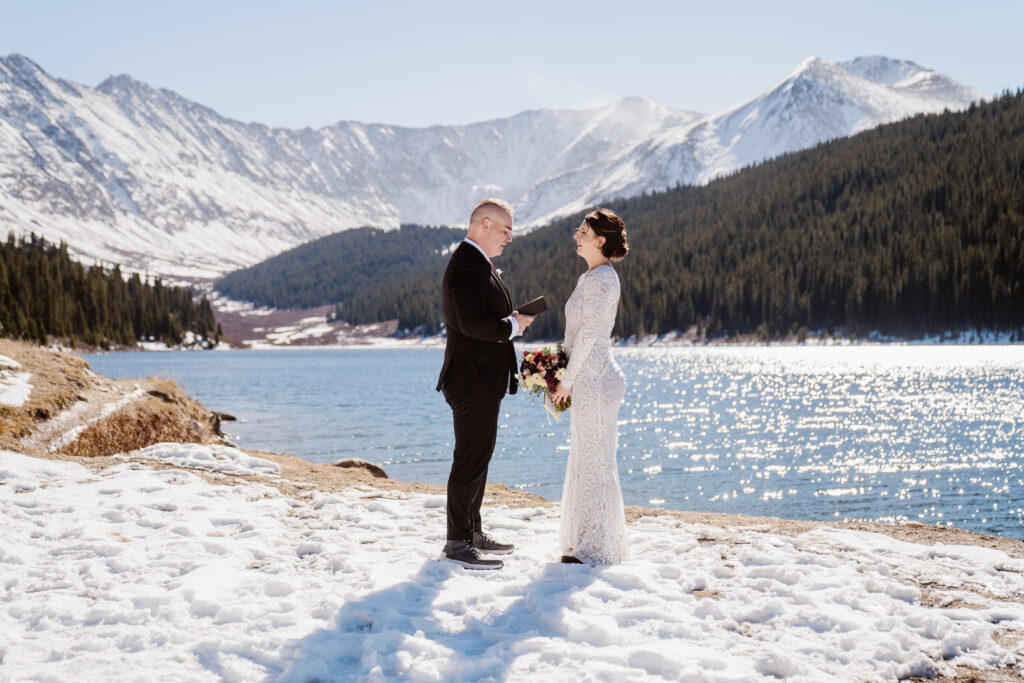
Self-solemnizing your elopement in Colorado is a beautiful way to celebrate love on your terms. From the freedom to choose your ceremony location to the deep sense of intimacy it brings, this unique option reflects the diverse ways in which couples express their commitment. So, if you’re dreaming of a wedding ceremony that is uniquely yours, consider self-solemnization in the breathtaking landscapes of Colorado – where love knows no bounds.
If you have any questions about self-solemnizing in Colorado that we didn’t answer here, or if you’re ready to start planning your Colorado Elopement, contact us today. We’d love to get to know you and your partner and help you work out the details.
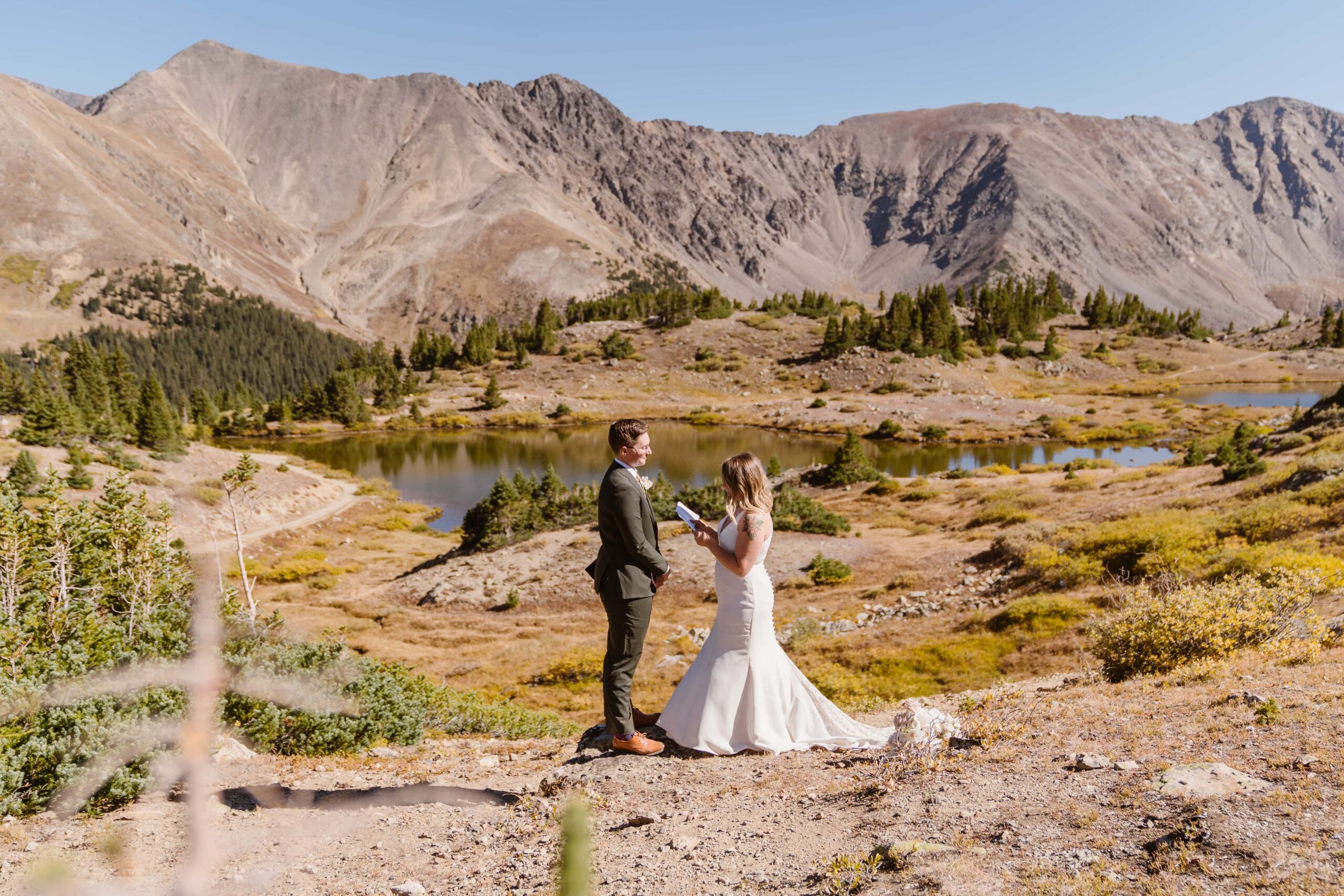
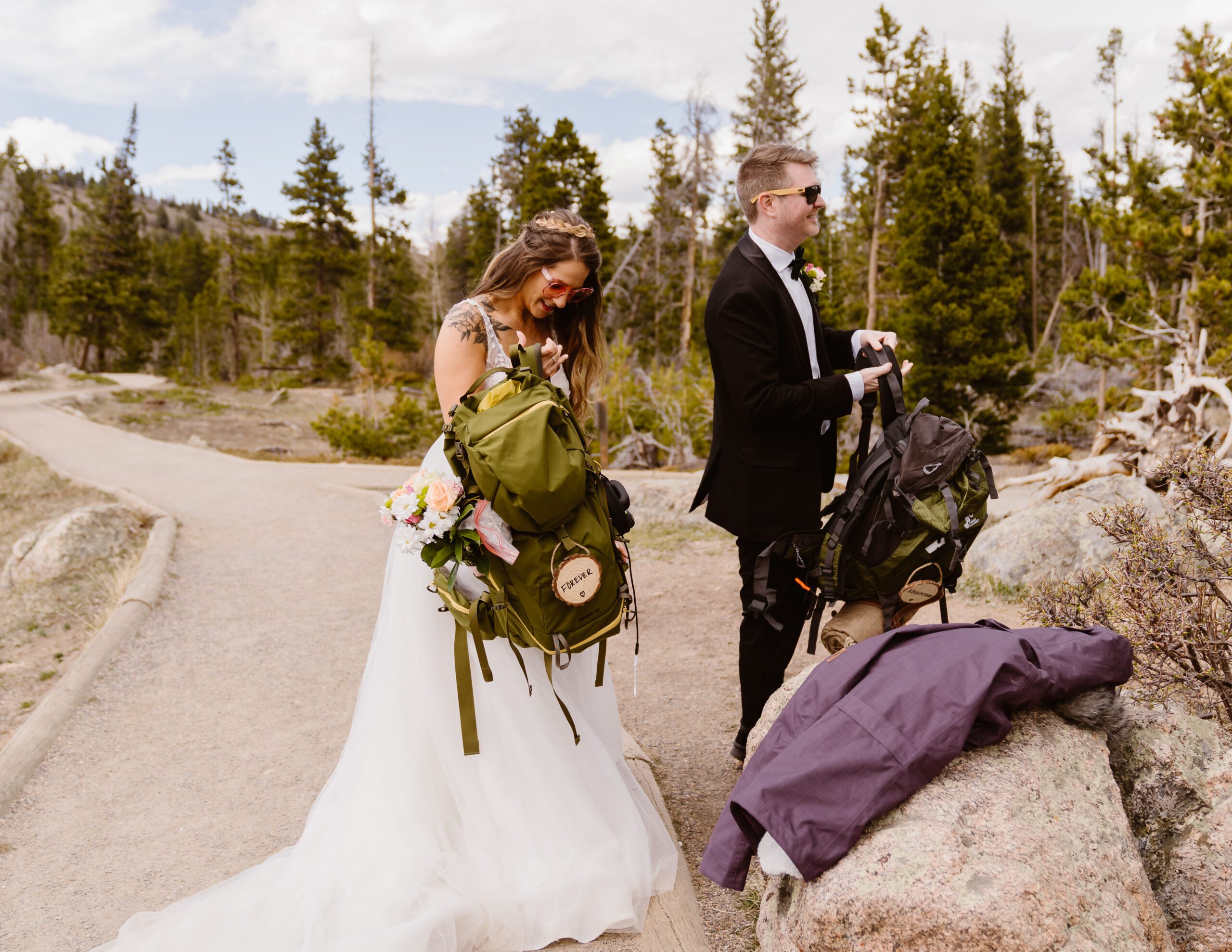
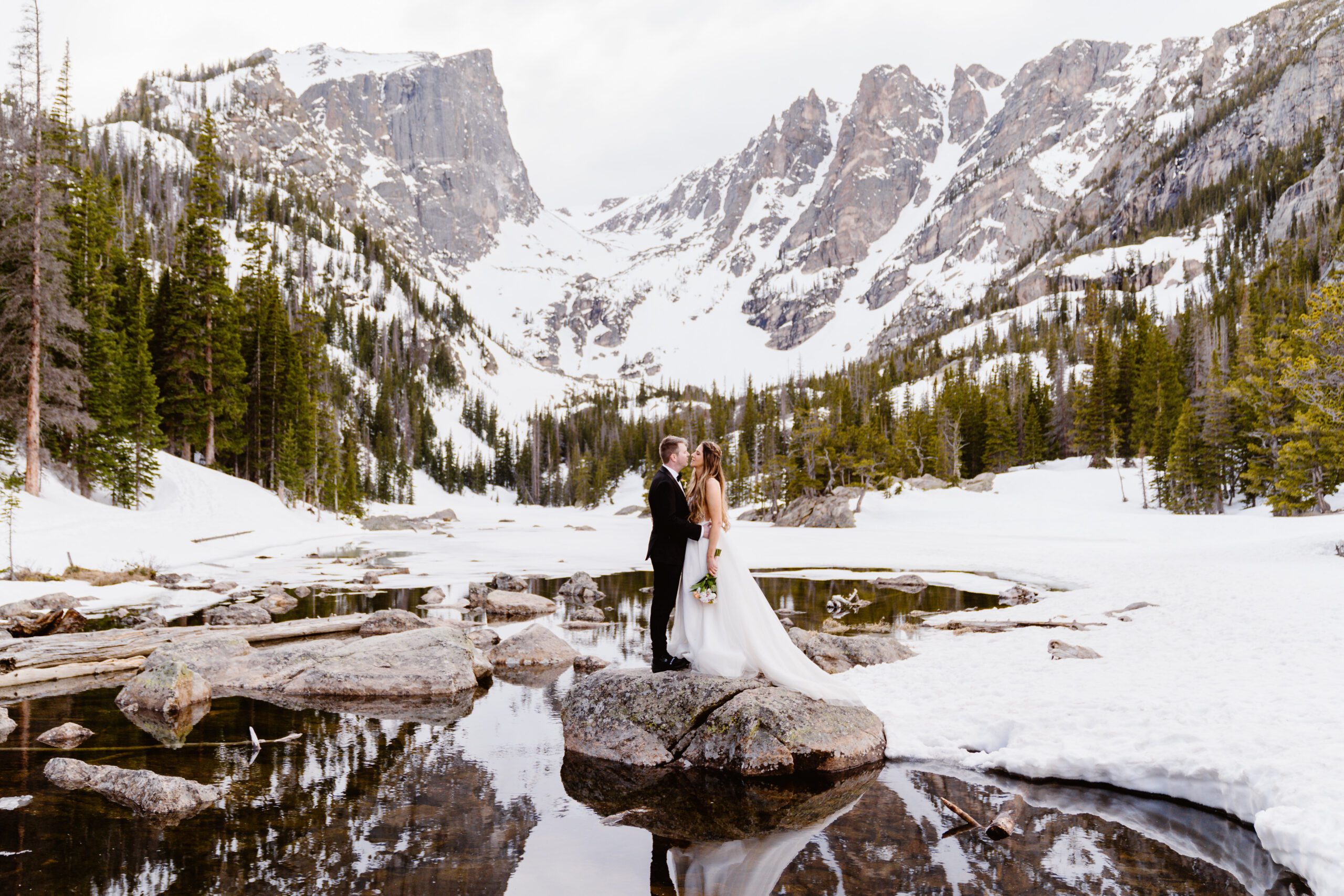
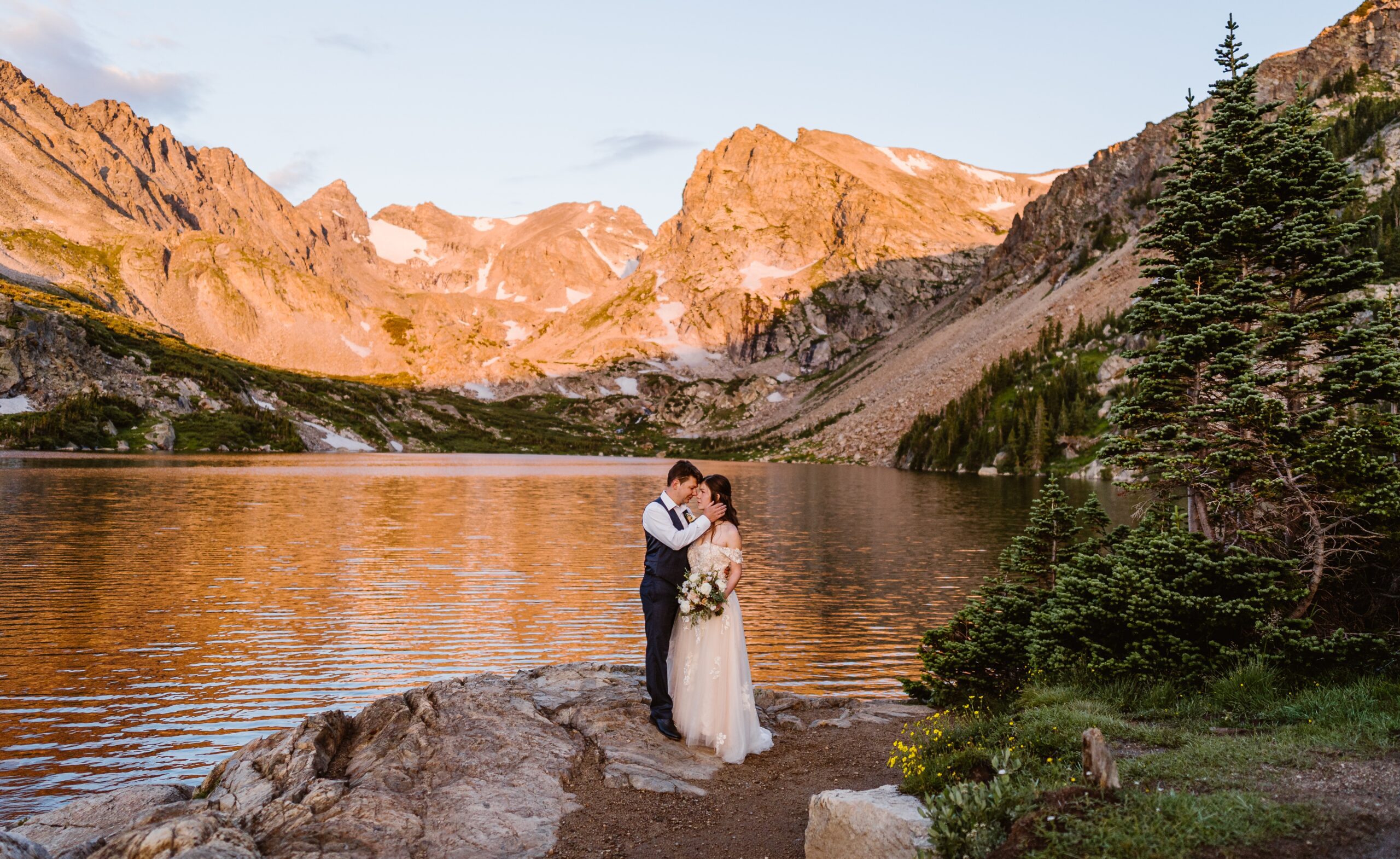
Leave a Reply